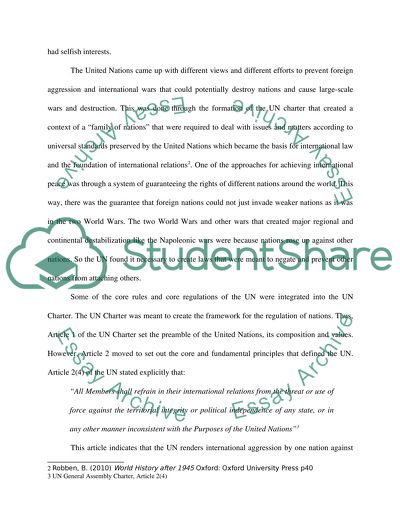Cite this document
(“Human rights in armed conflict and the relationship between Essay”, n.d.)
Retrieved from https://studentshare.org/law/1486132-human-rights-in-armed-conflict-and-the
Retrieved from https://studentshare.org/law/1486132-human-rights-in-armed-conflict-and-the
(Human Rights in Armed Conflict and the Relationship Between Essay)
https://studentshare.org/law/1486132-human-rights-in-armed-conflict-and-the.
https://studentshare.org/law/1486132-human-rights-in-armed-conflict-and-the.
“Human Rights in Armed Conflict and the Relationship Between Essay”, n.d. https://studentshare.org/law/1486132-human-rights-in-armed-conflict-and-the.


